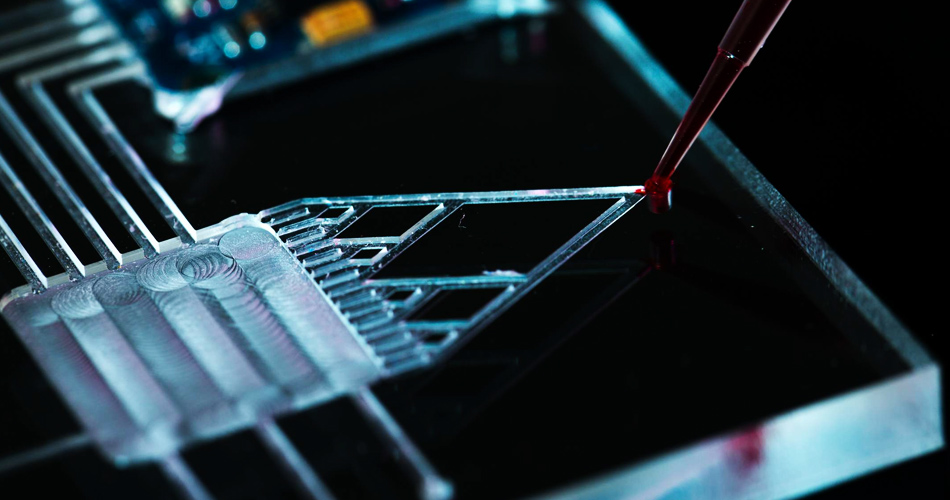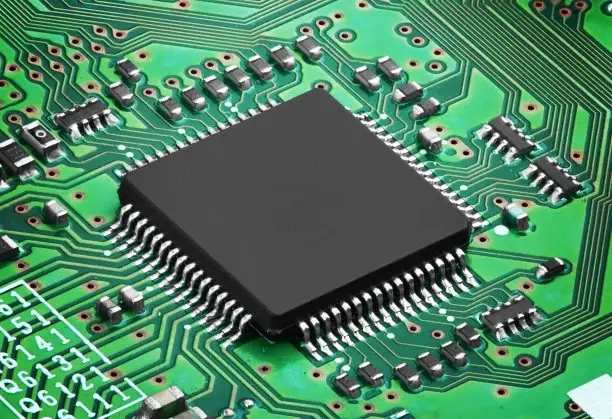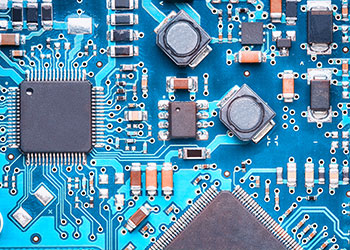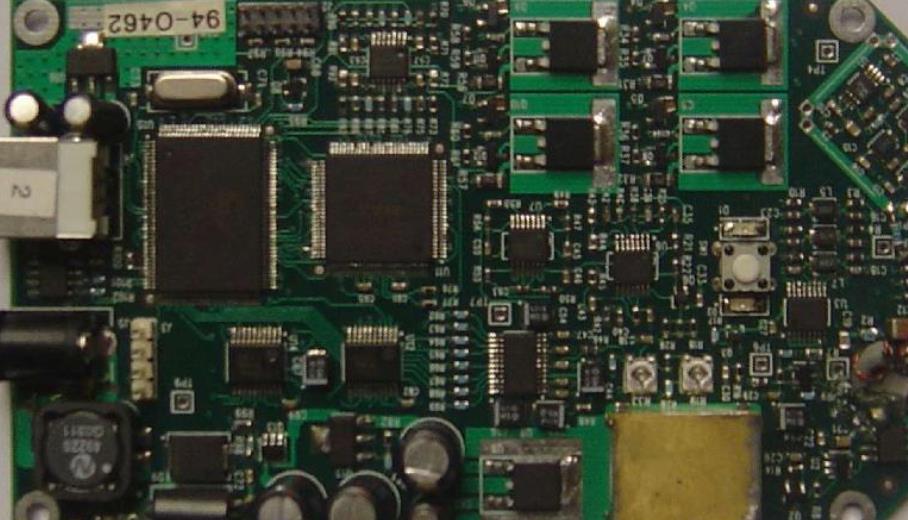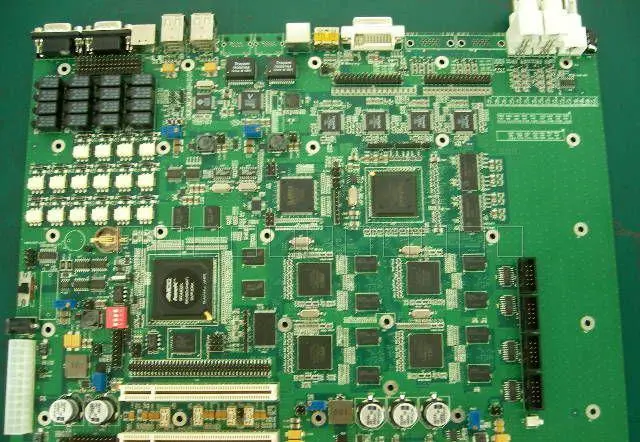
After pcba processing and proofing, in order to ensure the quality of PCBA, pcba transportation and storage should also strICtly comply with various operating specifications. What are the requirements for pcba transportation and storage conditions?
Requirements for transportation and storage conditions after proofing:
1. Use appropriate means of transport
After PCBA processing and proofing, the transportation tools, such as wheels and frames, shall be in good condition; Abnormalities shall be reported for repair in a timely manner, and the use of "belt" is prohibited to avoid the drop and extrusion of sEMI-finished products during transportation.
2. Check common tools

The transportation tools, storage tools, and storage on the station shall be cleaned before operation, and no sundries, tin slag, etc. are allowed. Avoid the damage after PCBA processing and proofing caused by mutual friction.
3. Identify important information
Clear identification shall be made on the PCBa containers and tool carts transported and stored, and relevant product information shall be recorded to avoid misplacement and mixing.
4. Stacking requirements
It is prohibited to directly stack pcba on transportation tools, in the turnover area and in the process station. Especially in transportation, direct overlapping will lead to damage between components due to friction.
5. Loading and unloading requirements
After pcba processing and proofing, the transportation and loading and unloading process shall be stable and orderly, and rough loading and unloading are prohibited.
6. Prevent falling
When pcba is stored on the transportation tools and in the turnover area, it shall be protected around after stacking to avoid falling.
7. Prevent friction damage
During transportation, pay attention to whether the road surface is in good condition and whether there are obstacles, potholes, protrusions, etc. to avoid damage to semi-finished products after pcba proofing due to vehicle turbulence. The speed of the means of transport should be balanced and reasonable.
8. Transfer transportation requirements
The transfer of boards between stations shall be carried out by means of conveyor belt or "hand to hand", so as to avoid overlapping placement and extrusion of the latter semi-finished products. Throwing and other actions are strictly prohibited during transportation and transmission.
9. Dust prevention requirements
The storage of semi-finished pcba processing proofing products in the turnover area shall ensure that the storage tools are stable, well protected, and strictly limited to the specified area. The upper layer shall be protected from dust and falling.
10. Stacking principle
The storage shall pay attention to the stacking principles such as height, weight, etc. to avoid isolated single stacking.
11. Collision prevention
Watch other pedestrians and vehicles at the corners of the passage and at the head and tail of the assembly line to avoid accidental impact of other vehicles and personnel, which may cause damage to the product.
12. Prevent crushing
The pcba shall be separated by partition and shall not exceed the upper edge of the container to avoid extrusion.
13. Workbench selection
A large number of containers that are not suitable for storage on the worktable should be selected and placed around the operator to facilitate the operator's access.
14. Exception handling
In case of tool abnormity during PCB transportation, it is necessary to ensure the safety of personnel and articles, and do a good job of isolation and reporting.
return
Is it a rumor or a truth that the price of PCB boards will rise?
According to the Electronic Times, some PCB manufacturers are optimistic about the strong order momentum in the second half of the year. Considering that upstream material prices are likely to rise in the case of continuous shortage, they plan to increase their prices in a rolling manner.
The shortage of materials is the main reason for the rising voice of PCB industry. A few days ago, it was reveaLED in the survey that the overall price of CCL also rose by more than 30% compared with the previous bottom. Last year, the company's copper foil processing fee also rose by about 3-4%.
Tenghui Electronics, the supplier of copper foil substrate, also said recently that in the near future, the main raw materials of copper foil substrate, such as copper foil, glass cloth and resin, have increased by 30-100%.
On the other hand, due to the substantial growth of downstream demand for consumer electronics, 5G base stations, Automotive electronics, etc., PCB orders are saturated. PCB suppliers recently disclosed that the lead time for PCB orders is usually two weeks to one month, but now we can see the orders in the second quarter in January, with good visibility.
The prOSPerity of PCB industry will continue. According to the industry forecast and analysis of PrisMARK, the total revenue of the top 40 PCB manufacturers achieved a year-on-year growth of 29% in the first quarter of 2021. Excluding the impact of the low base of the supply chain due to the epidemic in the first quarter of last year and the consideration that the traditional first quarter was a sales slack, the industry sales data in the first quarter of this year showed a very strong growth, which was also an overall growth in all sectors and regions.
Based on the unexpected data in the first quarter, PriSMArk raised its annual growth forecast for the PCB industry to 14.0% from the previous 8.6%. The driving force behind the growth is mainly from the demand explosion in the terminal market (communication, consumer electronics, new energy vehicles and other industries), technology upgrading and supply chain repair.


